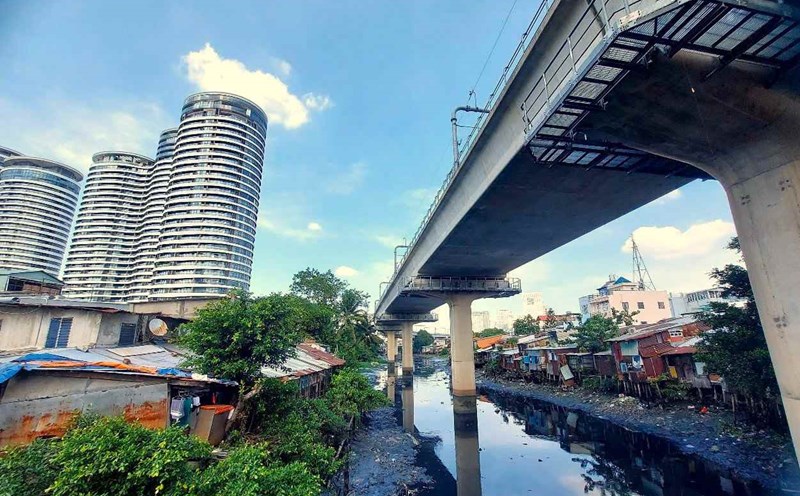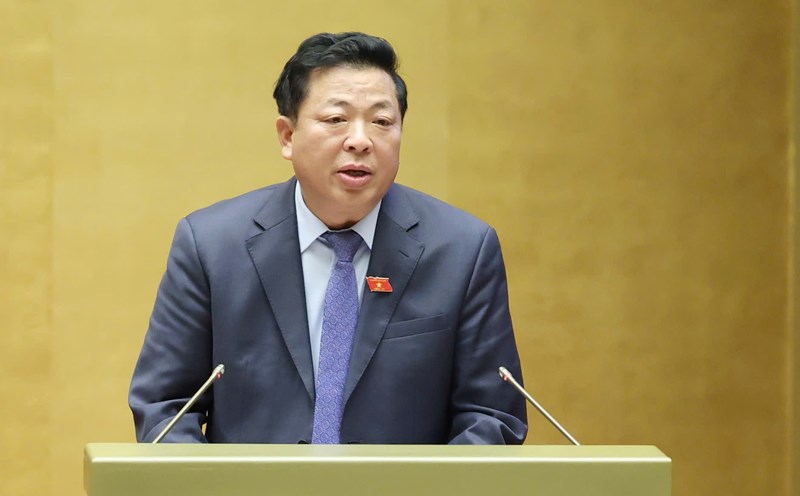The Ho Chi Minh City People's Committee has just approved the Project to beautify urban areas in areas with houses on and along rivers, canals and ditches for the period 2025 - 2030.
According to the project, from 1993 to 2025, Ho Chi Minh City has relocated and cleared 44,508 houses on and along canals.
However, the whole city still has 398 rivers, canals and ditches that have not been renovated and distributed in 15 districts, towns and Thu Duc City (including Districts 4, 6, 7, 8, 12, Binh Thanh, Go Vap, Tan Binh, Tan Phu, Binh Tan, Binh Chanh District, Hoc Mon, Cu Chi, Nha Be, Can Gio and Thu Duc City).
The total scale of relocation in these areas is estimated at about 39,600 houses.
Ho Chi Minh City aims to basically complete the relocation and resettlement of all people living on and along rivers, canals and ditches by 2030. Thereby, the city will clear the flow, improve environmental sanitation, beautify the urban area and exploit land along rivers, canals and ditches for economic development.
The implementation roadmap includes the following stages:
2025: Complete the overall renovation project, collect opinions from relevant parties, submit for approval; at the same time, review and adjust the 1/2000 zoning plan in areas expected to be renovated.
Phase 2025 - 2026: Develop and approve detailed projects on relocation, construction of resettlement houses, social housing and implementation of investment procedures.
Phase 2026 - 2027: Starting resettlement housing projects; in parallel with land acquisition, compensation and site clearance.
Phase 2028 - 2030: Complete the remaining projects; build technical infrastructure, transportation, drainage systems, embankments, parks, public spaces; bidding, auction of land funds formed after clearance.
Regarding financial resources, the City will allocate medium-term public investment capital for the period 2026 - 2030 to serve relocation, site clearance, and construction of resettlement houses. At the same time, build a mechanism to mobilize all social resources, encourage the form of public-private partnership (PPP). Reviewing land funds managed by the city but not used effectively to propose exploitation, auction, and create resources to implement the project.
Regarding compensation and resettlement policies, Ho Chi Minh City ensures proper implementation of legal procedures; combining budget and socialized resources to build a resettlement housing fund. The city will support people to stabilize their lives through financial support, vocational training, job introduction and business connections.
Regarding social security, Ho Chi Minh City has implemented support policies after relocation such as exemption and reduction of tuition fees, electricity and water; support for livelihoods; preferential loans to start a business or expand production. At the same time, orient the development of occupations suitable to the characteristics of each locality such as handicrafts, services and urban agriculture.











